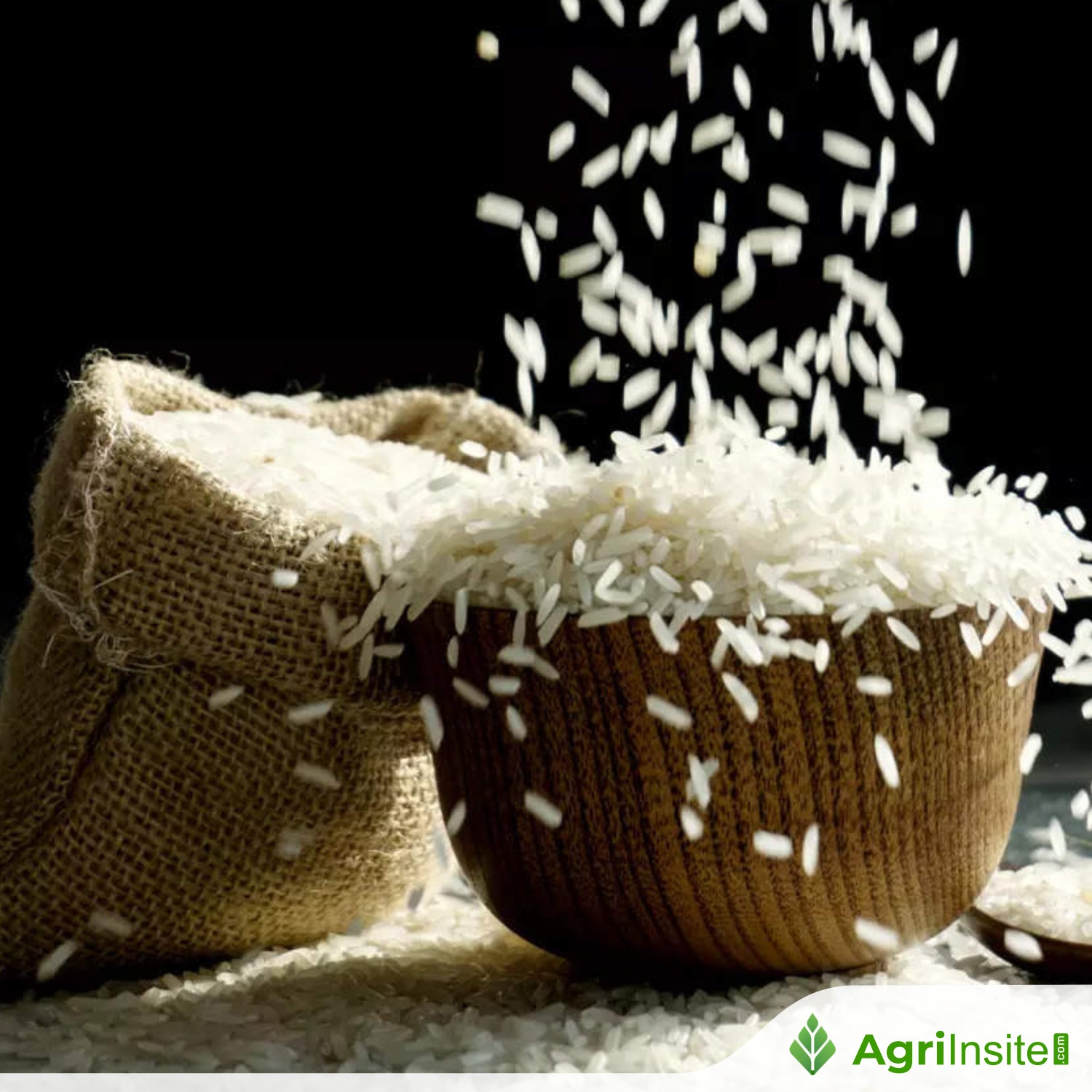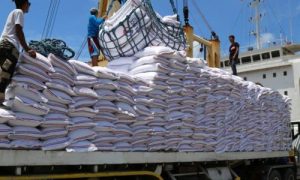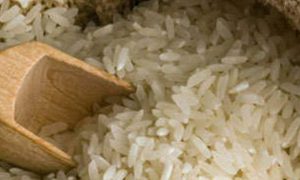Dhaka : Traders use floods as excuse to hike rice prices

Rice prices in Dhaka have surged by Tk 250 to Tk 320 per 50 kg sack recently, with some attributing it to floods. Analysts dispute this, noting that affected areas aren’t major rice suppliers. Data shows a modest rise in rice prices: fine rice by 4.35%, Paijam by 2.68%, and Swarna by 2.88%. The government’s reserves are 22% lower than last year.
In recent weeks, rice prices have spiked in Dhaka’s markets, with traders attributing the surge to ongoing floods. Conversations with retailers and wholesalers across several markets in the capital revealed that sellers have been gradually raising rice prices, resulting in an increase of approximately Tk 250 to Tk 320 per 50 kg sack over the past month.
However, industry analysts argue that blaming the price hikes on floods is baseless, as the flood-affected regions are not major rice-supplying areas for the country.
Despite claims by some retailers and wholesalers that the floods have led to a price surge, data from the Trading Corporation of Bangladesh (TCB) indicates a modest increase in rice prices over the last month. Fine rice has seen a 4.35 per cent rise, Paijam rice has increased by 2.68 per cent and coarse (Swarna) rice has risen by 2.88 per cent.
Masum Mia, owner of Masum Traders in Khilgaon’s wholesale market, said that rice prices have been on an upward trend for some time. He explained that since the onset of the floods, prices have increased by Tk 1 to Tk 2 per kg, with the cost of a 50 kg sack rising by Tk 50 even before the floods began.
He also mentioned that significant quantities of rice are being purchased for relief efforts due to the floods. However, this increased demand has not been met by adequate supply in large wholesale markets, pushing prices higher.
Asaduzzaman, a rice vendor at the Malibagh rail gate market and owner of Maa Traders echoed similar concerns. He reported that over the past 15 days, the price per sack of rice has risen by Tk 320, while wholesale market prices have increased by Tk 250 to Tk 280 per sack.
Mill price hikes driving up wholesale costs
In terms of specific prices, Badsha Mia, owner of Shariatpur Rice, shared that consumers are now paying Tk 58 to Tk 60 per kg for Swarna coarse rice, which was sold at Tk 52 to Tk 54 just 15 days ago and Tk 50 a month earlier.
He further said that rice mills are currently selling Swarna rice for Tk 2,500 per sack, up from Tk 2,200 15 days ago. BR-28 rice, previously priced at Tk 2,450 per sack, is now being sold for Tk 2,700. A month ago, this variety was priced at Tk 2,250 per sack.
At the consumer level, the typical profit margin per sack ranges from Tk 50 to Tk 80, he explained.
Wholesale market prices are influenced by those set by the mills. If mills increase their prices, wholesalers follow suit, leading to higher prices for consumers. Badsha Mia stressed the need for oversight to prevent price hikes at the mill level.
Government rice reserve
According to the Ministry of Food, as of September 4, the government’s warehouses hold a total of 1.481 million tonnes of rice, including 107,000 tonnes of newly added paddy. Excluding the paddy, there are 1.374 million tonnes of rice, which is 22 per cent less than last year. Government sources, however, claim this stock is sufficient for three months.
TCB reports on rice price
The TCB reported that as of September 10, the minimum price of fine rice (Najir/Miniket) was Tk 64, with a maximum price of Tk 80. A month ago, the minimum price was Tk 60 and the maximum was Tk 78. Over the past month, Najir/Miniket rice prices have increased by 4.35 per cent.
Additionally, the price of medium-quality Paijam or Lata rice has risen by 2.68 per cent over the past month. A month ago, the maximum price for this rice was Tk 58 per kilogram and it is now being sold for Tk 60.
Swarna or China IRRI rice, which was priced at a maximum of Tk 54 per kilogram a month ago, is now Tk 55, marking an increase of 2.88 per cent over the past month.
Flood-related price hikes illogical
Ghulam Rahman, former president of the Consumers Association of Bangladesh (CAB), criticised the current instability in the rice market, calling it illogical. He noted that despite the floods being cited as a reason for price increases, the regions most affected are not major rice suppliers.
Rahman also highlighted that inflation remains in double digits and that rising inflation typically drives up the prices of essential commodities. He emphasised the need for the interim government to address inflation to prevent further price increases.
The Directorate of National Consumers’ Rights Protection has reported ongoing operations across the country, including in the capital. The agency is actively reviewing rice prices and taking legal action against those exploiting consumers. The directorate has assured that any identified irregularities will be promptly addressed, with strict penalties imposed on offenders.
Source Link : https://businesspostbd.com/economy/traders-use-floods-as-excuse-to-hike-rice-prices
















